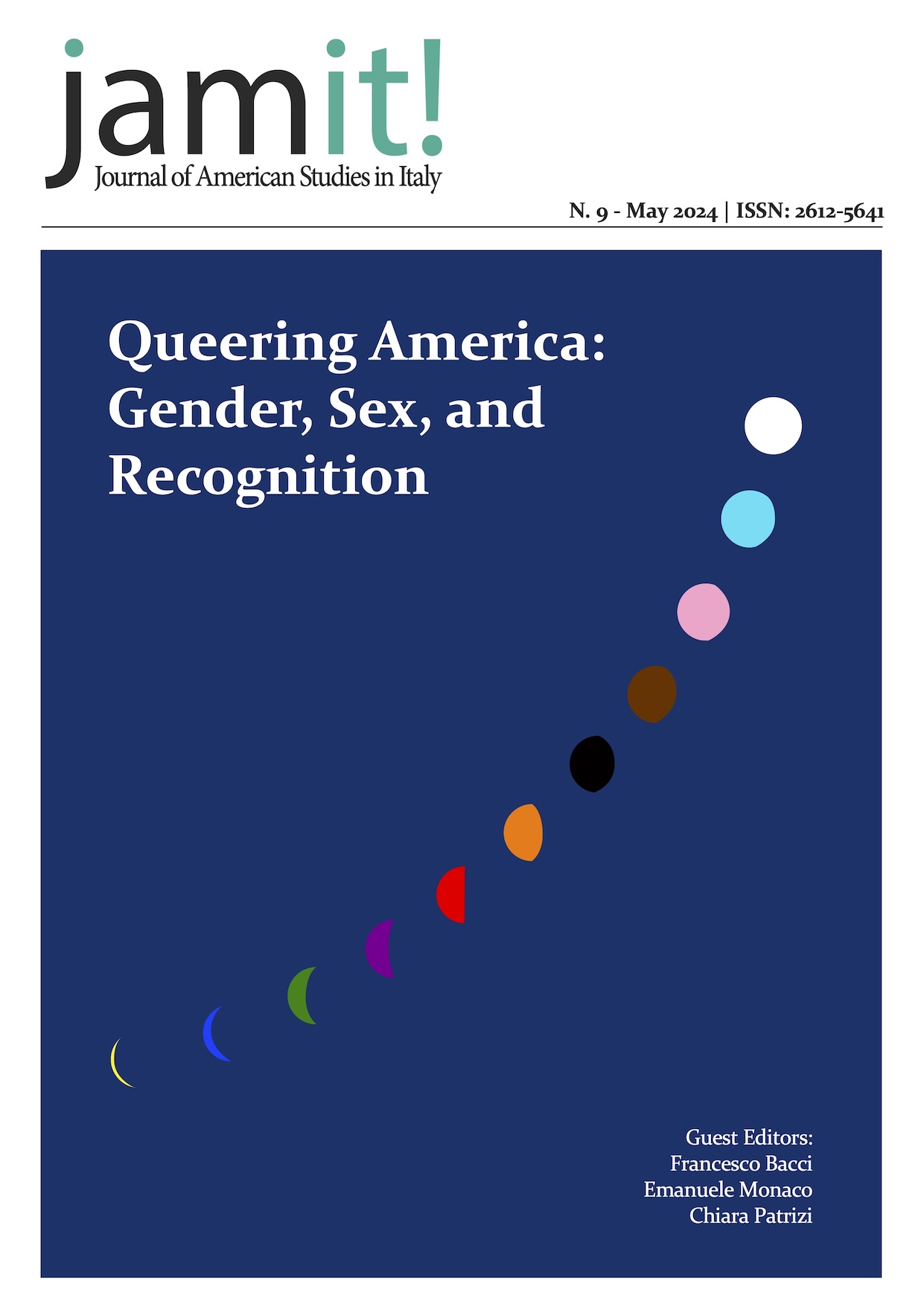Subverting Same-Sex Couples’ Equal Dignity
The Perpetuation of a System of Double Binds
DOI:
https://doi.org/10.13135/2612-5641/8141Keywords:
Double Binds - LGBTQ Equality - Religious Freedom - Substantive Due Process - Unequal TreatmentAbstract
Justice Anthony Kennedy has ascertained a strand of jurisprudence articulated around the concept of “equal dignity”, enshrined in the equal protection clause and the promise of “liberty” guaranteed by the Fourteenth Amendment. However, in their dissents, originalist justices have framed marriage equality as a way to shift the burden of discrimination onto religious conservatives who claim their right not to recognize LGBTQ+ citizens by invoking religious freedom (First Amendment) and direct democracy.
Although it is early to determine whether the court will be poised to overturn key precedents, I would like to argue that the recent flux of religious domination has enabled Donald Trump to restore the moral uplift of the federal judiciary, which could potentially undermine Kennedy’s legacy. Over the course of his presidency, Donald Trump has equipped himself with all the tools to hold the leverage he needs to launch a moral crusade against women’s reproductive rights or transgender Americans by denying them equal protection against “sex” discrimination and gender-affirming care under the 1964 Civil Rights Act.
By referring to Lawrence (2003), in dissent, I aim to explore the interpretive foundations of Justice Scalia’s opinion, which has paved the way for a possible path to accommodate Americans’ “sincerely held religious beliefs”. Similarly, in Masterpiece Cakeshop (2018), Kennedy’s failed attempt to draw a fine line between sexual orientation discrimination and religious freedom on narrow grounds has empowered conservative Christians to claim the right to ignore the symbolic value of same-sex marriages.
Downloads
Published
Issue
Section
License
Authors who publish with this journal agree to the following terms:
- Authors retain the copyright and full publishing rights for their submissions to the journal.
- Authors grant the journal right of first publication with the work simultaneously licensed under a Creative Commons Attribution-NonCommercial-NoDerivatives 4.0 International License that allows others to share unedited work for non-commercial purposes with an acknowledgement of the work's authorship and initial publication in this journal.
- Authors are able to enter into separate, additional contractual arrangements for the non-exclusive distribution of the journal's published version of the work (e.g., post it to an institutional repository or publish it in a book), with an acknowledgement of its initial publication in this journal.
- Authors are permitted and encouraged to post their work online (e.g., in institutional repositories or on their website) prior to and during the submission process, as it can lead to productive exchanges, as well as earlier and greater citation of published work (See The Effect of Open Access).





